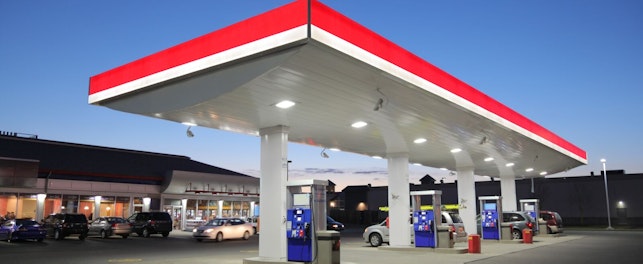Sulfur compound testing from SGS – protect your products and infrastructure from damage caused by trace sulfur compounds.
Why choose sulfur compound testing from SGS?
We provide a broad range of sulfur compound testing and analysis services in our oil and gas laboratories. Trace sulfur compounds are detected at ppb and ppm levels, with detailed sulfur molecular speciation analysis within various petroleum liquids and gases when required. Testing and reporting are rapid, upon receipt of samples.
Gas chromatography with sulfur chemiluminescence detection is a rapid means of identifying and quantifying sulfur compounds in petroleum feeds and products. We provide this analysis for:
- Olefin monomers, such as ethylene and propylene
- Solvents, including paraffins, benzene, toluene and xylenes
- Fuels such as natural gas, LPG, gasoline, kerosene, jet and diesel
Sulfur Compound Analysis Methods
- Sulfur compounds in natural gas and gaseous fuels by gas chromatography and chemiluminescence (ASTM D5504). Detection limit of 0.1 ppm
- Sulfur compounds in light petroleum liquids by gas chromatography and sulfur selective detection, detection limit of 100 ppb (ASTM D 5623). Modified test methods may achieve trace detection limits of 20 ppb.
- Sulfur compound analysis in LPG (liquid petroleum gas), run by ASTM D-5623.
Sulfur species compounds detected include:
| Hydrogen sulfide (H2S) | Thiophene | Thiophenol |
| Carbonyl sulfide (COS) | Isobutyl mercaptan | Benzo[b]thiophene |
| Methyl mercaptan | Diethyl sulfide | Methylbenzothiophenes |
| Ethyl mercaptan | n-Butyl Mercaptan | Dimethylbenzothiophenes |
| Dimethyl sulfide (DMS) | Methyl tert-butyl sulfide | Diphenyl sulfide |
| Carbon disulfide (CS2) | Methyl disulfide | Dibenzothiophene |
| Isopropyl mercaptan | 2-methyl-thiophene | |
| tert-Butyl mercaptan | 3-methyl-thiophene | |
| n-Propyl mercaptan | Tetrahydrothiophene | |
| Ethylmethyl sulfide | Ethyl methyl disulfide | |
| sec-Butyl mercaptan | Diethyl disulfide |
Detection of Sulfur Compounds Present After the Industrial Process
Certain odorous sulfur compounds, such as ethyl mercaptan, tetrahydrothiophene, and occasionally thiophene are intentionally added to propane for use as warning agents in the detection of LPG leaks. We can detect sulfur compounds in these liquids, in concentrations as low as 20 ppb, to assure the quality of the added odorant.
A Leading Provider of Laboratory Services for The Oil and Gas Industries
As the world’s leading testing, inspection verification and certification company, SGS offers decades of experience in scientific testing, along with an international network of best-in-class laboratories. We provide organizations around the globe with testing and analytical services to meet their specific needs.
Contact us today to learn more about sulfur compound testing.
201 Route 17 North,
7th and 8th Floors,
Bloomfield, New Jersey, 07003,
United States












